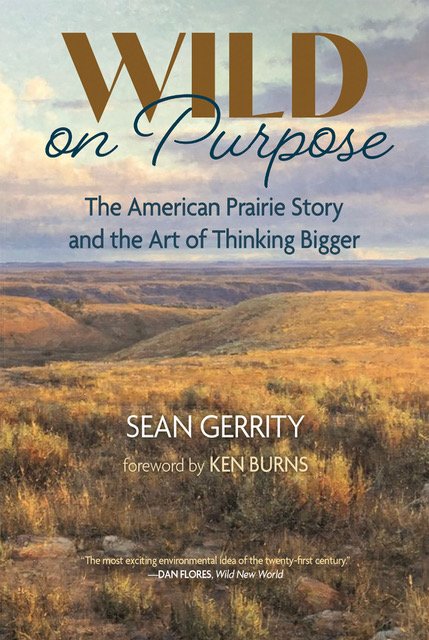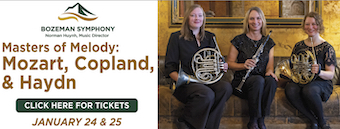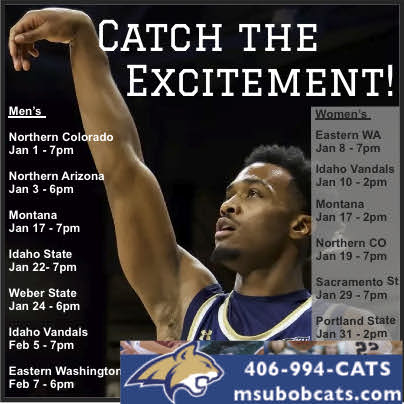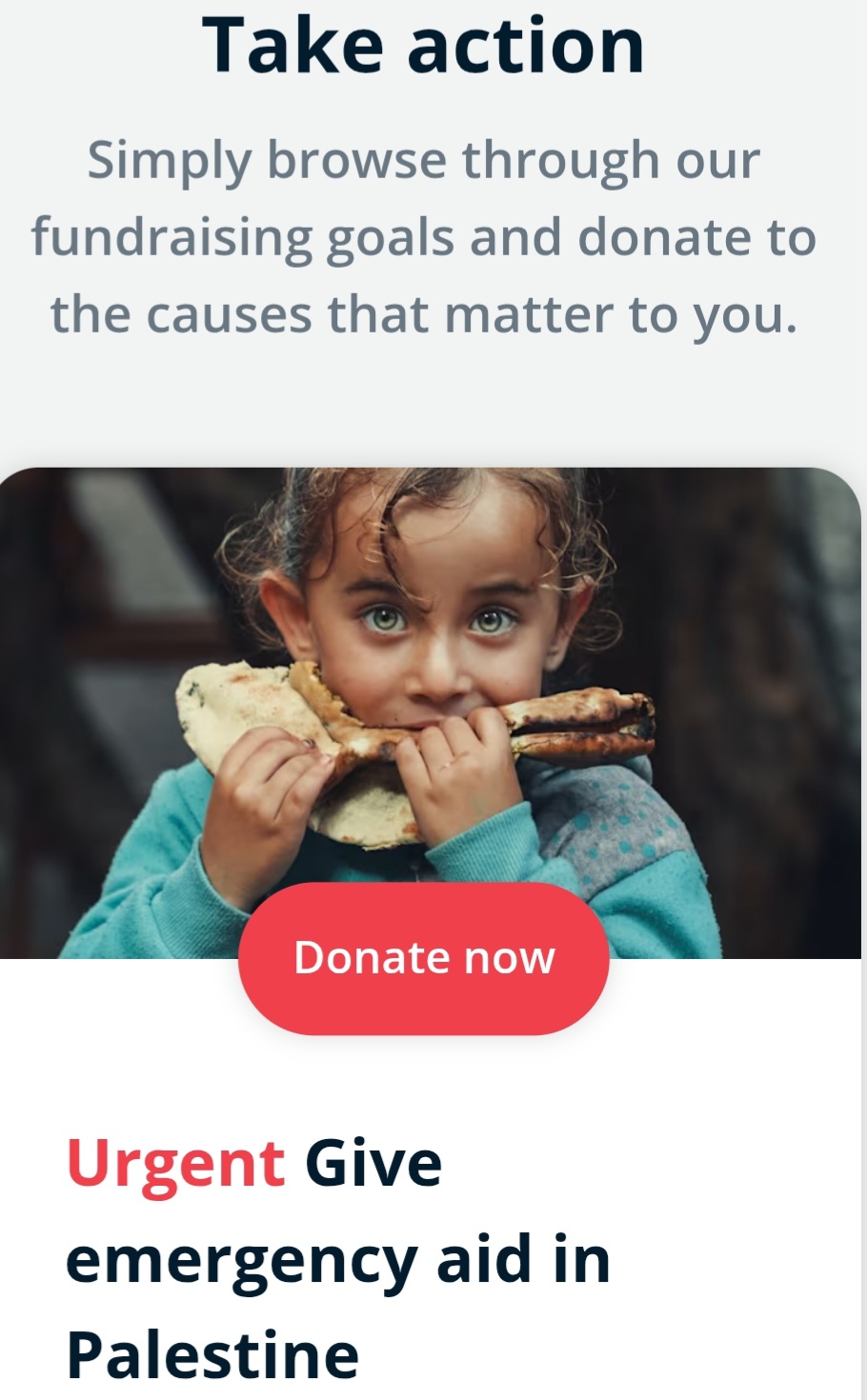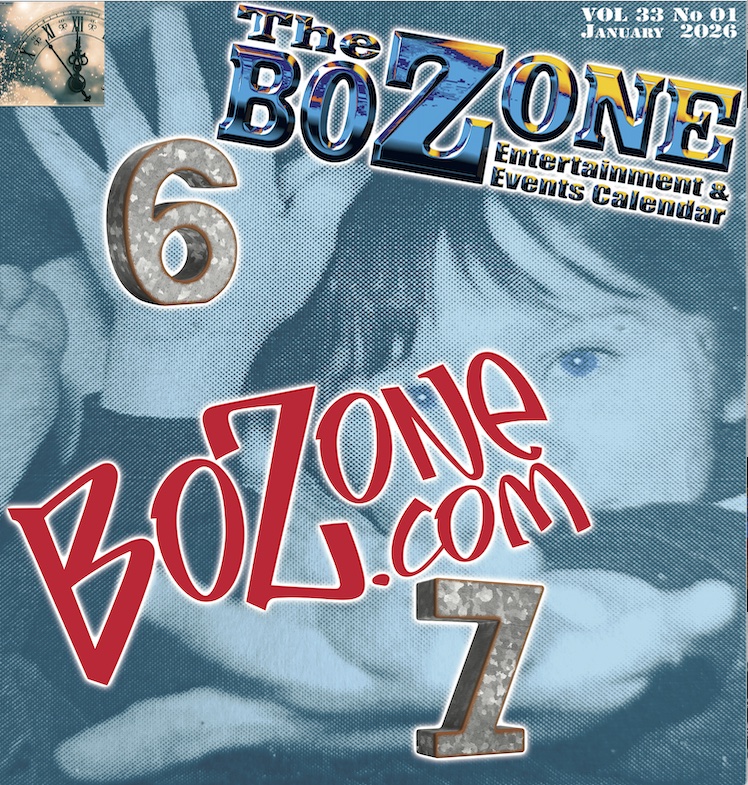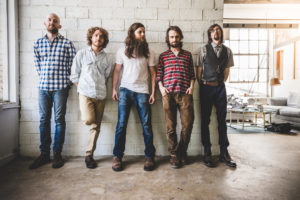 Massachusetts-based folksy new grass quintet Parsonsfield is on the road in a cross-country promotion of their brand new release, Blooming Through the Black. The group is comprised of Antonio Alcorn (mandolinist), Harrison “Whale” Goodale (bassist), Erik Hischmann (drummer), Max Shakun (organist), and Chris Freeman with lead vocals and banjo. Though they have their default roles and contributions to the band, don’t be too surprised when these fun-lovin’ fellas swap instruments and share the mic. In anticipation of their upcoming Bozeman performance and studio recording at Live From The Divide, the Rolling Zone was able to get Freeman on the horn to talk regional influences, recording outside of the studio, and making a sound uniquely their own.
Massachusetts-based folksy new grass quintet Parsonsfield is on the road in a cross-country promotion of their brand new release, Blooming Through the Black. The group is comprised of Antonio Alcorn (mandolinist), Harrison “Whale” Goodale (bassist), Erik Hischmann (drummer), Max Shakun (organist), and Chris Freeman with lead vocals and banjo. Though they have their default roles and contributions to the band, don’t be too surprised when these fun-lovin’ fellas swap instruments and share the mic. In anticipation of their upcoming Bozeman performance and studio recording at Live From The Divide, the Rolling Zone was able to get Freeman on the horn to talk regional influences, recording outside of the studio, and making a sound uniquely their own.
RZ: Hey Chris. Thanks so much for doing this with me today. CF:: Of course.
RZ: Congrats on the album release. Blooming Through the Black just came out today. CF:: Yeah, big day! Thank you. It’s really, really good.
RZ: Absolutely. How does it feel to get it out into the world? CF:: You know, a long time coming. We’ve had this done for about eight months now. It feels great to finally have it done. We’re really psyched to hit the road.
RZ: Sweet. How does the new album fall in with the rest of your collection? Is it an extension of, departure from, or combination of the sounds heard on Poor Old Shine and Afterparty? CF:: I think it’s a combo of both, which is what I hope to achieve on every record. [We try] to learn from what we’ve done in the past. Three years after an album comes out, you have a chance to sit with it for a minute and reevaluate it without it being so precious, as something that’s brand new and your whole life kind of revolves around it. We’re able to look back at old albums and figure out what worked and what didn’t. But at the same time, we had some really interesting experiences between when the first record came out and this one. [We] worked in a theater [and] wrote music for a play. Doing that was really the link between the two albums. We adapted some old music, as well as writing new music. That helped us learn how to work together, better than we had on the first album. [We] learned how to write together and kind of slow things down, taking a little more time to figure out arrangements and put some more thought into them, trying to do something a little less formulaic.
RZ: Can you give us some examples of the diversity in these songs? CF:: There are certain songs I think might have fit in on that first record, and there are other ones that are totally out there compared to what the first record was. “Barbed Wire” is probably the best example of a song pushing our sound to a new place. We wrote fragments of a song and, with the help of Sam Kassirer who produced the record, we put it together. It turned out to be one of my favorites on the record. There are things on that song I don’t think we would have ever done a few years ago. But then there are songs like “Ties That Bind Us,” for example, written in kind of the same way as the first record. It was a song that came relatively quickly. That’s one I bought to the band [and] everybody had their input in the arrangement. We got a cool groove with it, but it’s still in that traditional verse/chorus song form—which I love. I’m not ever trying to get completely away from that, but it would have fit in with the last one.
RZ: You mentioned writing music for a play. How did your time with that stage production (Canadian “The Heart of Robin Hood”) influence how you now create music, whether in the studio or on stage? CF:: Totally. That was, in varying degrees, outside of our comfort zone for each of us in terms of both the writing and performing. It stretched us. We had moments where we needed to write a song overnight and bring it in to rehearsal the next day. We needed to come back, really not just with one song, but with multiple versions of one song. We might bring [them] into rehearsal and they tell us it totally doesn’t fit for whatever reason, so we’d have to go back to the drawing board and try it again. That sort of deadline approach to writing was definitely helpful in terms of getting ideas out there and evaluating them later. Performing, there were times we were literally on stage in costume performing these songs. There was some minor choreography we had to do, which we had never ever thought of doing as a band before. Now we’ve actually brought it into our live shows a bit. It’s super fun and really unexpected for people. Those sort of things are invaluable to figuring out how to evolve as a band. RZ: I’m sure that helped. CF:: Another way it affected this record in particular, [performing for the play] was the reason we went to this old axe factory to record. We performed it in three different theaters, but we did over 300 shows. All the theatre spaces are much like your typical recording studio. They’re very acoustically dead, giving the sound engineer all the control in the world to add whatever reverb or anything like that in the way they want. In certain versions of the play, we were playing on complete opposite sides of the stage from one another, a good 20 or 30 yards apart. [We] used in-ear monitors and even some little tv monitors set up so we could see one another, which is completely unnatural. That took a lot of getting used to, [but] at the same time, we started to get to a point where we didn’t even need to look at the monitors [and] could just kind of feel it. That stuff made us so much tighter as a band.
RZ: How did that help decide where you would record Blooming? CF:: When we were looking for a space to record, we wanted to find something that was going to be as different from the sound of the theater as we possibly could. Reinspire us at our own sound. It was a little bit creatively draining to do that many shows. We needed to do a complete overhaul and figure out a way to make even those songs that we had been playing feel new to us. So we found this old axe factory space that had the coolest vibe to it, as well as coolest sound and reverbs. It wasn’t an enormous room, but it wasn’t a small room. It was all covered in concrete and there was a carpenter in there before us, so it was all dusty. You would clap your hands and the reverb would last like five seconds. “Water Through a Mill” is probably the best song in terms of hearing the sound of that axe factory. You could play some of it very quietly that would come off huge, [or] if you played things really loud or fast, it got all muddy and we couldn’t do it. For certain songs, we had to practice them outside because they had so much reverb and we didn’t want necessarily every song to be slow and groany. Playing a show [there] would kind of sound terrible unless we played every song really slow. The challenge was to figure out how these songs can work, live as well as recorded. We look at that record as being a moment in time in a really inspirational space.
RZ: Did recording in that factory inspire you to explore other spaces for recording in the future? CF:: Yeah. We’ve never actually recorded in a traditional recording studio. We recorded (Poor Old Shine) in an old farmhouse in the town of Parsonsfiled, Maine where we all congealed as a band. We try and make it come across on the records that we’re not coming from this more traditional space. At the same time, I don’t really know what the future holds. We have a little farmhouse in Leverett, MA that is strikingly similar to the one we recorded in up in Maine. That’s kind of where we’re working on new material now, recording demos, but as far as where the next place is… Maybe it would be really inspiring for us to go into a traditional recording studio and hear what that sounds like—that would be new for us. But there are hundreds of different types of spaces that could be really cool to play with. RZ: Let’s talk about performing for a minute. For those who might have never been, what does a Parsonsfield live show entail? CF:: We have lots of cool instruments on stage. We’ve got an old pump organ made in 1897. We’ve been using these whirly tube things that are kids toys really, but they make these cool siren sounds. The stage looks pretty cool, we’re up to bringing like 27 different instruments on the road with us right now. Lots of different instruments, everybody’s singing, and I think we just try and made the shows as diverse as possible. We have moments where people could be dancing and going crazy and moments where we try to make the room as still as possible. If we can achieve both hearing a pin drop in the room [during] one song, and in the next song everybody’s dancing and screaming and yelling, then that’s a successful show. And we get it, more or less. RZ: That’s awesome. Tapping into the full range of emotion. CF:: Totally.
RZ: You’ve played Bozeman before, but your show is at Live From The Divide this time around. The space is on the more intimate end of the venue spectrum. What does that add to this kind of performance? CF:: We do a lot of house concerts and lots of different spaces. I think that’s one of the really exciting things about this band. We are willing to play in different places and tailor our sets. We’ve played in churches, living rooms, rock clubs, and big festivals. Every single one is different. Even when you play the same set in two different places, they feel very different. The more intimate settings are certainly ones where you get to really feel as though there’s no divide—no pun intended—between us and the audience. I could turn around and sit on somebody’s lap if I wanted to. I look at it as kind of being old school, as what it must’ve been like before the rock band existed. This is how people got their music. I love going back to the really small rooms where everybody is kind of equal. It’s less us on this big stage looking down at the people who are watching, [and] more us showing what we can do. Then you get to have conversations after. Usually people are always asking good questions about the music. It helps me to formulate my thoughts on our own music and it helps to move things forward. There’s something about that connection between the energy of the audience and the energy on stage coming together. Being able to talk to people after makes touring worth it. It’s also really interesting for fans to go to lots of different kinds of shows, not just the same venue, because every show is so different.
RZ: Very cool. We’re excited to hear the new material. CF:: A lot of this album was inspired by some tours of the West. We got the title from a sign in Hell Canyon, SD in the Black Hills. There was a national park sign there that said “Blooming Through the Black,” talking about the wildfires they had had there years back. It was a great title and never left our minds. That was the same trip as our first to Montana [when] we played Red Ants Pants. I count that as sort of the two influences of this album. Going to the axe factory was the sonic influence. As far as the lyric and content influence came from us getting a chance to explore, as New England boys, a completely new planet it might as well have been. Yellowstone, Glacier, the Black Hills. These are spots that seem completely otherworldly and none of us had ever had ever been there before. Last summer, when we were writing this album and working on it, to then take a three week trip in the middle of it to go out and see this place that was just unbelievable. A song like “Barbed Wire,” for example, is kind of about how different people can be. It only takes us three or four days to drive all the way out to Montana from here, and yet you start to understand the reasons for political differences among people. Even when you live in rural New England, you’re never too far from anything. It’s amazing to think how isolated people are in that in that area and how that would change your outlook on life. We’re really looking forward to coming back to the West, as well as everywhere else in the country. It’ll be really fun to play the songs very inspired by traveling through the areas around Bozeman and Missoula.
RZ: Very best of luck on the tour and we will see you soon. CF:: Thank you. Looking forward to it.
Parsonsfield will stop in for a performance at Live From The Divide on Friday, September 30th with doors at 8pm prior to the show at 9pm. Tickets are $22 plus fees and available in-store at Cactus Records in downtown Bozeman or online at www.cactusrecords.net/. They’ll bring a show to Stage 112 in Missoula the following evening. Visit www.stage112.com/ for details. Live From The Divide, “A Celebration of The American Songwriter,” is broadcasted every Monday at 6pm on public radio station KGLT 91.9 in Bozeman and 97.1 at MSU. The intimate 50 seat venue is located inside of a commercial recording studio where the audience has the unique opportunity to be a part of a live recording and sit just feet away from singer/songwriters as they perform and share stories. Tickets are sold at the door, but these small shows are known to sell out quickly—so buy your tickets early! The studio is located at 627 East Peach Street in Bozeman. Visit www.livefromthedivide.com/ for more information onthis and other upcoming shows. •

